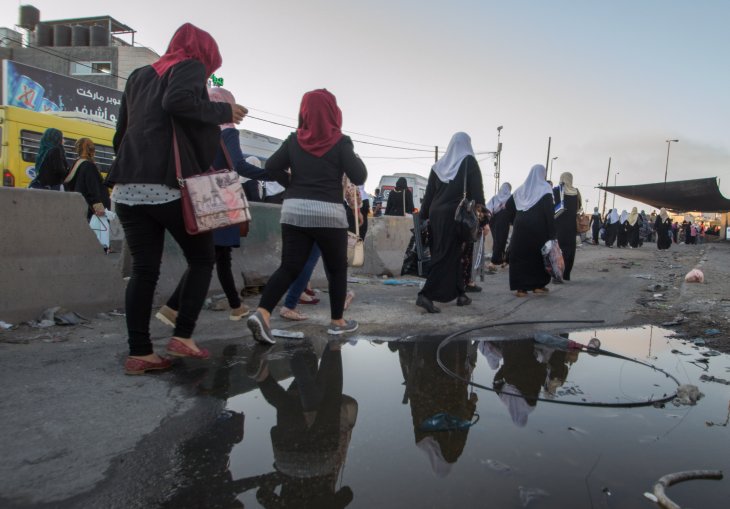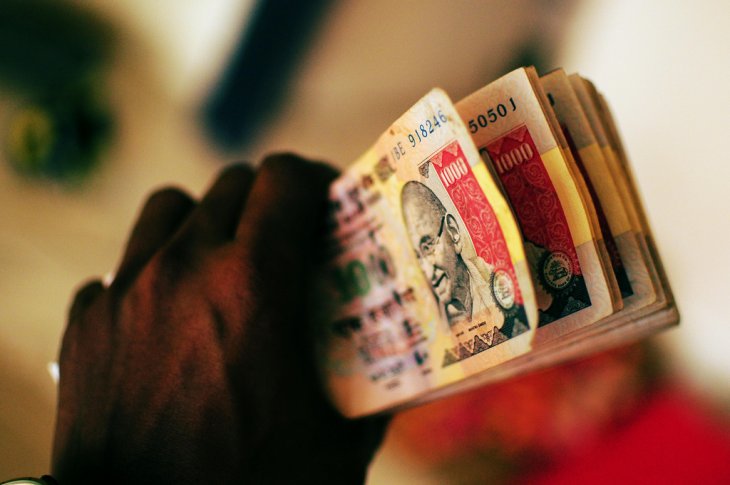Monday 2 January The Pulitzer Center on Crisis Reporting: “South Sudan: The Revenge of Salva Kiir” International Crisis Group Report: “South Sudan: Rearranging the Chessboard” Tuesday 3 January The Tanzanian pilot detained by the SPLA (IO) has been released. The security agencies in Juba arrested a group of 26 people from Somalia and Uganda suspected… Read more »
This Week in South Sudan – Week 52
Wednesday 28 December At least 15 people, including four government soldiers, have allegedly been killed in separate incidents in Torit town and surrounding villages in Eastern Equatoria over the past two weeks. SPLA (IO) detained a government official and his Tanzanian pilot after their plane landed in Ganyiel area, a rebel-held territory in Unity State. Thursday… Read more »
This Week in South Sudan – Week 51
Monday 19 December Meeting with representatives of the Transitional Government of National Unity and other peace partners, The Joint Monitoring and Evaluation Commission (JMEC) decried the missed opportunities in 2016 to end the war. At least six people are confirmed dead after a fuel tanker exploded at Sherikaat, a suburb of Juba. Tuesday 20 December… Read more »
A Word of Warning ahead of 2017
Decency, humility, and thoughtfulness are core virtues in a civilized society. Now we need to fight for them.

Donald Trump has, with his rhetoric, lowered the threshold for moral decency so far it is downright scary. Photo: Gage Skidmore, Wikimedia Commons
«Political correctness» can be a sinister labeling for common decency. A wish to preserve dignity and openness, and to avoid willfully disrespecting others’ beliefs or characteristics, should after all be a natural part of all public communication. In 2016, values such as these are under attack in a way they have not been for a long time. In social media, defense of respect and tolerance is increasingly being labeled as a sign that one does not dare say things as they really are, and that one is thus “politically correct”.
The Moonlanding
“I’ll be the first Palestinian woman to land on the moon,” she states with a wry smile.
The world – and space – lies at her feet, as in theory it does for children all over the world. But these particular legs are standing on shaky ground.

Palestinian girls. Photo: Ebba Tellander / PRIO
Her legs are in Lebanon, more specifically, they’re planted in a Palestinian refugee camp in the south of the small country. It was here she came into the world; here that these feet took their first faltering steps; in the narrow streets here that her legs have run around, learned to ride a bike, despite the neighbors’ many opinions about girls riding bikes; and it is here that these legs learned to shoot hard, dribble and bend the ball around the opponent, although the neighbors probably have opinions about that, too.Read More
This Week in South Sudan – Week 50
Monday 12 December The South Sudan President’s office issued a statement denying reports in which several officials and presidential guards claimed over USD 280 million was stolen. HSBA Issue Brief: “Legitimacy, exclusion, and power: Taban Deng Gai and the South Sudan peace process” Tuesday 13 December Riek Machar held as ‘guest’ in Pretoria, South Africa…. Read more »
This Week in South Sudan – Week 48 & 49
Tuesday 29 November President Salva Kiir said numerous assurances of support and cooperation from the UN and regional leaders encouraged his acceptance of the Regional Protection Force (RPF). The Government of South Sudan (GOSS) presents strategic measures to improve non-oil revenues. Salva Kiir visited South Africa for bilateral talks with President Jacob Zuma. Al Jazeera:… Read more »
Russian Foreign Policy Concept is vague on the Arctic
Russia has found itself in a very different international situation than that envisaged by its basic documents in 2013, so there was clearly a need in revising its Foreign Policy Concept – and President Vladimir Putin duly approved a new one on 30 November 2016. The Concept is more assertive and harshly worded than the… Read more »
Digital India: Less Cash, but not Cashless
The past month has seen historic events in India.
On Tuesday 8 November 2016, the Modi government announced without prior warning that all 500 and 1000 Indian rupee notes would be rendered valueless more or less overnight. In effect, this meant immediate withdrawal of the largest bank notes in circulation, and issuance of new notes within a few days, renewing 86 percent of India’s cash economy. Is this another step towards a cashless economy? What has the cash withdrawal done to the black economy, and networks based on corruption? And what are the implications for the use of cash, especially among India’s poor? These are some reflections based on personal experiences from Delhi.

“Going for broke…” Photo credit: Gopal Vijayaraghavan
The morning after Modi’s announcement there was a sense of chaos and an atmosphere of distress. My neighbor suddenly confessed that he had a number of 1000 rupee notes stacked in his cupboard as savings. He was confused and agitated, as he most likely would have to officially declare the sum. He was expecting suspicious questions from the tax authorities.
This Week in South Sudan – Week 47
Dear Readers, please note that there will be no news update next week. We will be back on Sunday December 11 with a two-week TWISS update for week 48 and 49. Monday 21 November A contingent of 350 Japanese peacekeepers, with a mandated to use force to protect UN staff and aid workers, arrived… Read more »